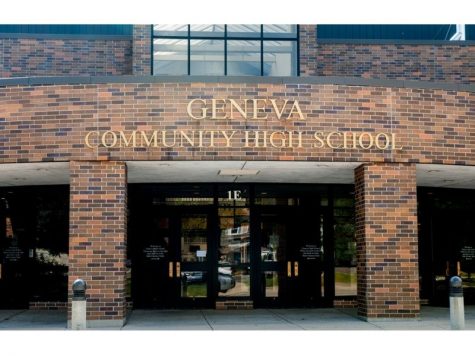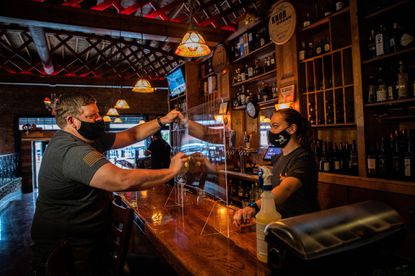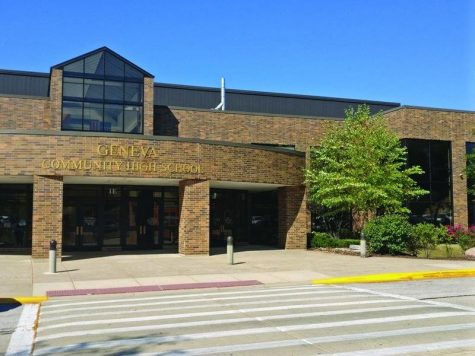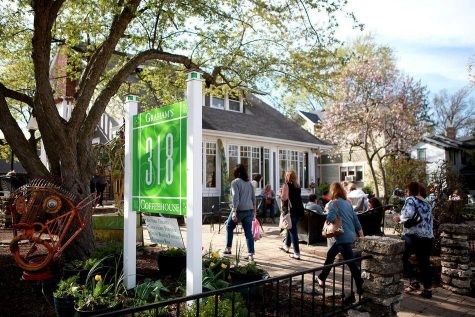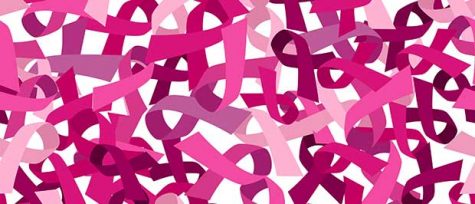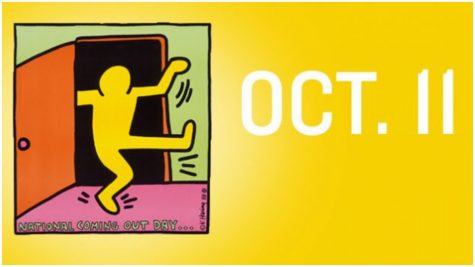Handling Drug Abuse at Geneva High School
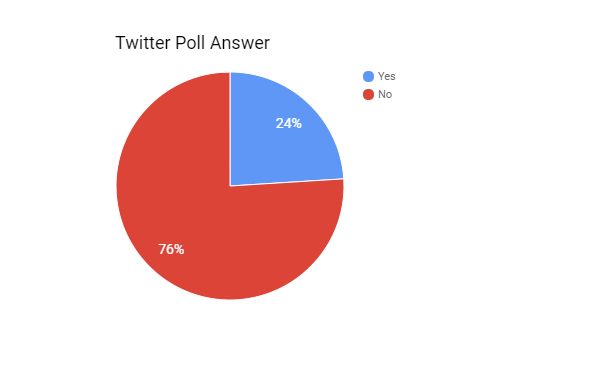
In a recent Twitter Poll conducted by myself, students were asked, “Would you feel comfortable going to the counseling and advising office if you or your friend had a drug problem?” The results were shocking.
Out of the 92 students who replied to the poll, 76 percent replied “no” and 24 percent said “yes.”
This feedback linked to Geneva students’ fear of talking to an adult here at school about drug use.
Senior Elizabeth Pollina said, “No because I feel like they would make things worse…and they would bring it up to the student” when asked if she would go to the counselors if her friend had a drug problem.
Privacy is a big concern when it comes to dealing with drug abuse. What most students do not know is that If a student were to tell an adult at school that their friend is using drugs, the friend would not be named.
“We highly recommend that, that’s what people should do. Even if they’re suspicions are unfounded [it] never hurts to have somebody looking out for someone,” Principal Rogers said.
If a Geneva student is struggling with drug abuse, the school will try to find the right fit and approach the student and their family in the best way possible in accordance with the student’s feelings and their family.
“Then we start brainstorming ways to get family involved if they don’t know already, keeping family involved with the conversations in here but also trying to maintain the confidentiality of the student,” Counseling Department Chair Mr. King said.
Next, counselors and other specialists in the school determine the severity of the drug abuse and take appropriate steps according to their assessment. .
“We also have resources here in the building that can really do some great assessments to determine how deep the drug abuse is, geared more towards specialists, social workers, school psychologists [… and] depending on the severity [it] would then lead us to provide resources in the community. ” Mr. King said.
Rosecrance is an example of an outside of school rehab center that has a partnership with GHS and provides an option for students who struggle with drug abuse. At Rosecrance, students are provided an education and are surrounded by trusted counselors.
“Rosecrance may offer evening meetings where there is family counseling,” Mr. Rogers included.
GHS counselors are trained to deal with students’ personal issues, but none of them actually specialize in drug counseling.
“Do we have the need for a drug counselor here? Probably. But it’s not public knowledge…I don’t have the data to support the need for one, but we know it’s there,” Mr. King said.
Students may feel more comfortable going to a counselor if Geneva had a counselor specializing in drug abuse and rehabilitation. However, the school does not have the data to support this need for a counselor.
When asked, senior William Walker said, “I would rather go to them because they would have more knowledge on the issue and that’s what they are supposed to specialize in.”
If students were to bring concerns to the counselors, it would give the school the evidence needed to hire a drug counselor and bring attention to the drug epidemic.
Mr. King said, “Do we know it’s out there? Absolutely. Do we know it’s an issue? Absolutely. Do we have the data to support it? No.”

